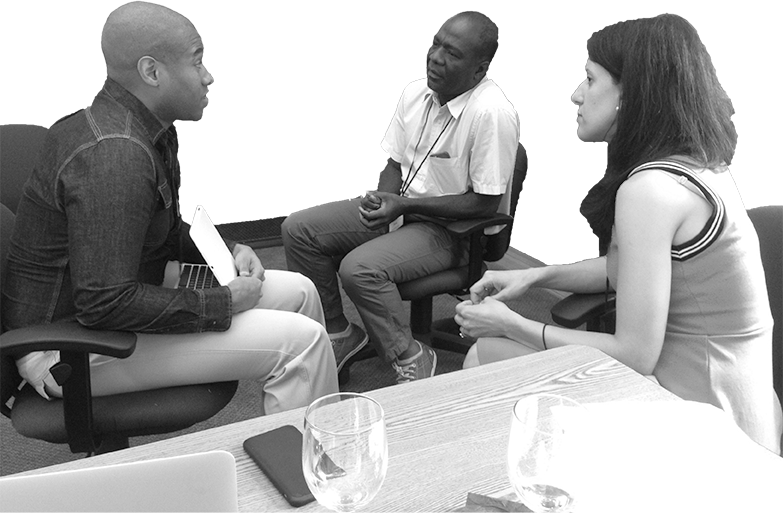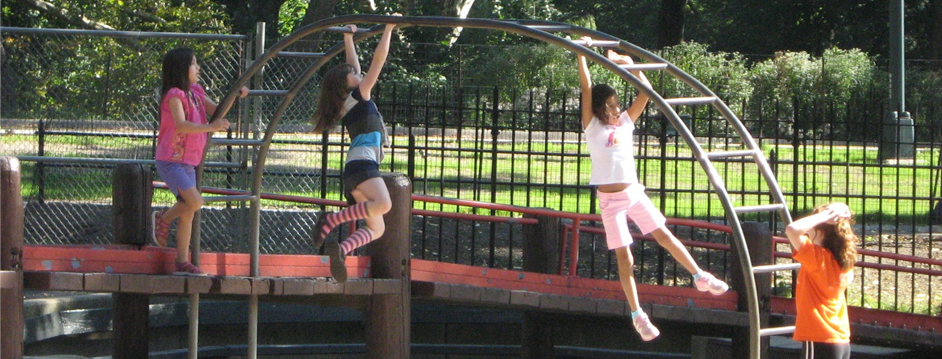 Quick Links
Quick Links
- Board of Trustees
- History
- Membership
- Mission
- Privacy Policy
- Services to Schools
- Staff
- Support
 Upcoming Events
Upcoming Events
View All
 Careers
Careers
View All
NYSAIS Principles of Best Practice
Admissions
The overriding good practice in admissions is full and complete communication between sending and receiving schools. Correspondence between schools about students, parents or teachers is absolutely confidential unless otherwise agreed upon.
- A school should never accept a student without requesting a transcript and other pertinent information from the student’s present school.
- A sending school should not release records or transcripts for departing students until all financial obligations have been met.
- Although healthy competition is encouraged, schools should not engage in overt recruitment of students from other schools, e.g. targeted personal mailings, parents or children of one school calling parents or children of another, and personal invitations to recruiting events.
- A school should focus on its own strengths and let itself and all others be judged by their performance and reputation in the communities they serve. A school should not allow anyone in the official capacity to discuss with applicants the alleged weaknesses of competitor schools.
- Schools should not permit counter offers of financial aid to be used as a basis of bargaining for students.
Heads and the Search Process
- Heads who are sought after for another post or are exploring other opportunities should inform their present board chair if they decide to explore the opportunity seriously.
- Heads intending to leave a school should give the board sufficient time to allow the school to conduct a proper search for a successor. Experience indicates that the search process usually takes at least eight months.
- Schools should not permit excessive or intrusive visiting by search committees or consultants who wish to question colleagues or students with whom a candidate works. Arrangements for such visits should be made between the candidate and the head or if the head is a candidate, the head and the board chair.
- Boards should not inquire of search consultants about replacing their present head without the head’s knowledge.
Hiring of Faculty and Staff
A happier more productive and less secretive atmosphere exists in a school that supports its teachers’ ambitions. Obstacles should not be placed in the way of a faculty member who is, without violating contract, looking for different employment.
- A school should neither hire nor make an offer for immediate employment to a teacher or administrator whose contract with another school is in force.
- A school should not hire a teacher or administrator without consulting the school or schools where the candidate works or has previously worked.
- Written recommendations should be as clear and candid as possible within the bounds of good taste and contemporary standards. At least one oral discussion of a candidate’s qualifications should be conducted between schools before an offer is made.
- Heads should not feel obligated to search consultants to suggest or comment on candidates from schools other than their own.
- Under normal circumstances, names should be suggested or comments made to consultants or to others involved in a search only with the advice and consent of the candidate in question.
- Surreptitious efforts by one school to recruit an employee of another school should not be made. All teachers and administrators, however, may on their own initiative explore opportunities elsewhere in confidence.
Professional Development
Professional development for educators is essential to the viability and growth of our schools. It is incumbent upon each member school to embrace professional development and set the highest goals and standards. To this end, the NYSAIS Professional Development Committee sets forth the following principles for schools to consider as they establish their own professional development programs, with the understanding this is a process affected by budget considerations.
A school with a strong professional development program supports faculty and staff in their desire to improve their effectiveness and skills by providing appropriate resources, mentoring, and evaluation. The head of school and the upper level administrators set the example of professional development through participation in activities, workshops, and conference opportunities.
A school with a strong Professional Development Program:
Resources
- Applies 1% or more of its operating budget to professional development activities.
- Designates a professional development liaison to coordinate professional development within the school and with NYSAIS.
- Develops a toolkit that draws on diverse perspectives and scientific research both within and beyond the school community.
- Underwrites technology—hardware, software, and training—for faculty and encourages use of the NYSAIS website.
- Offers unconditional release time to faculty and staff so they can pursue professional development opportunities without having to “pay back” class/coaching/dormitory time.
- Establishes, promotes, and supports professional development reading through subscribing to professional journals and maintaining a professional development library.
- Promotes opportunities for summer professional development through grants, travel funds, books, online course work, etc.
- Uses the NYSAIS accreditation process (self-study creation, the committee visit, and the visiting committee report, etc.) to promote professional learning.
Mentoring
- Incorporates orientation programs for new faculty and staff at the beginning of each year, and encourages participation in special programs for beginning teachers (such as NYSAIS’ BTI).
- Makes a commitment to assist veteran faculty/administrators mentoring new faculty/administrators.
Evaluation
- Includes professional development in the review of faculty and staff performance.













